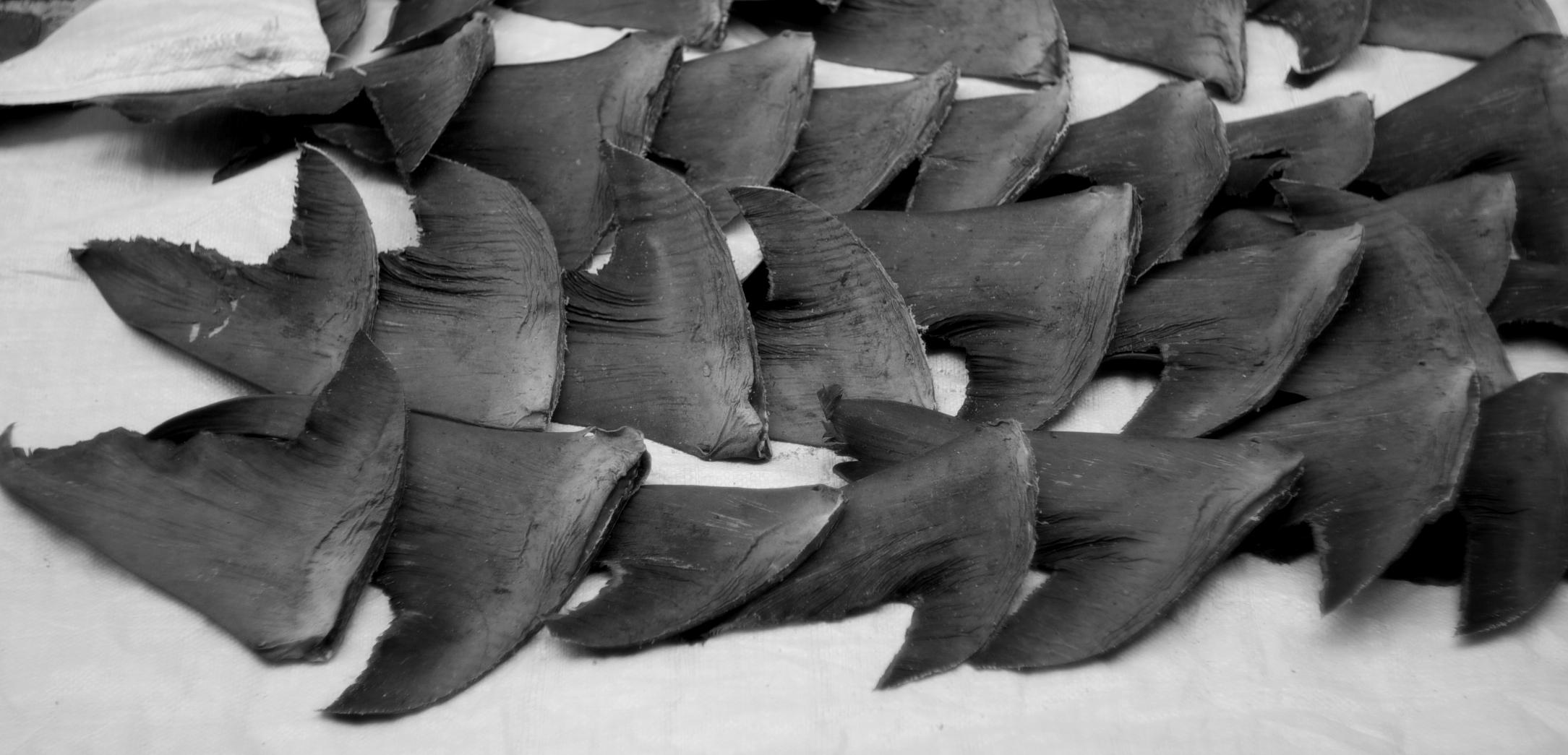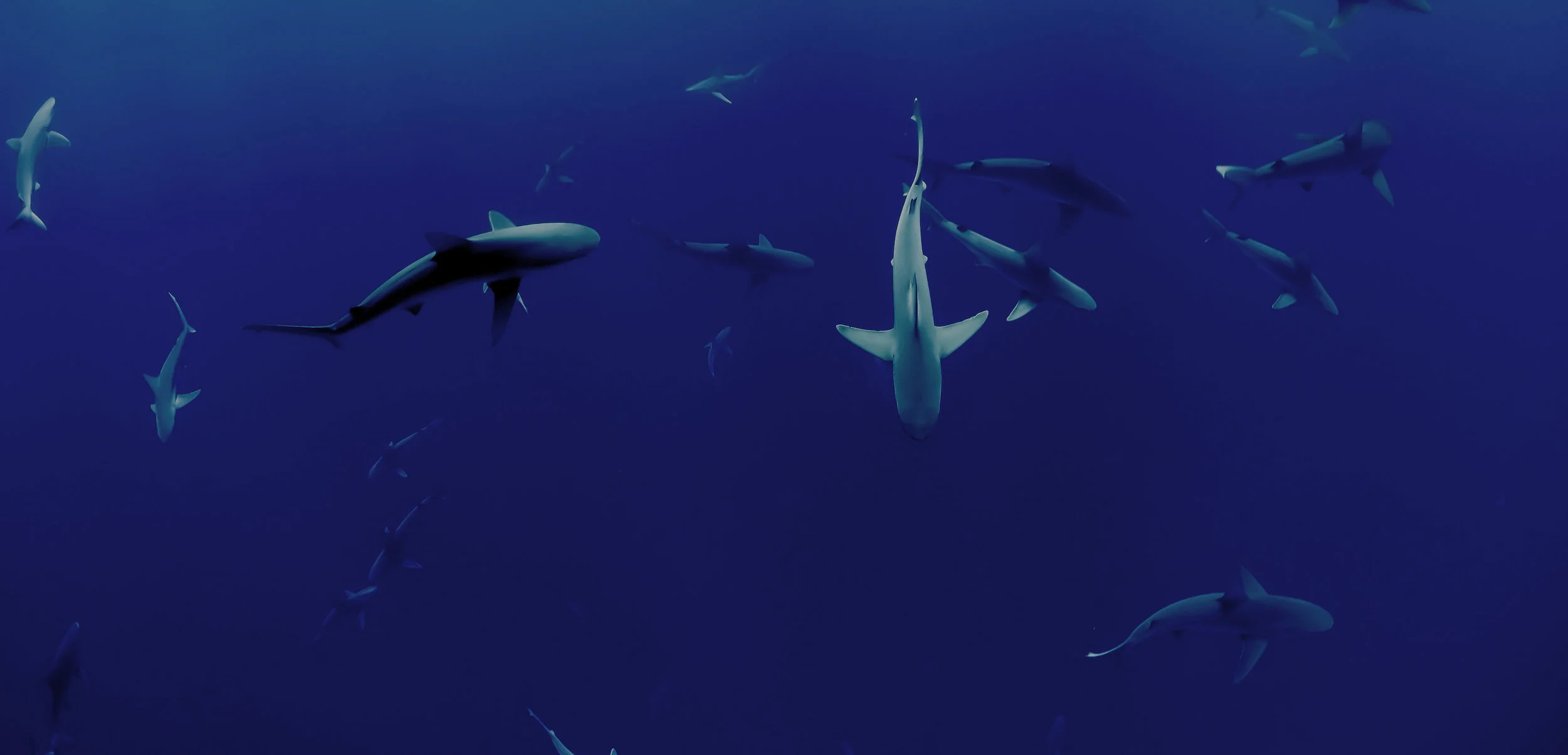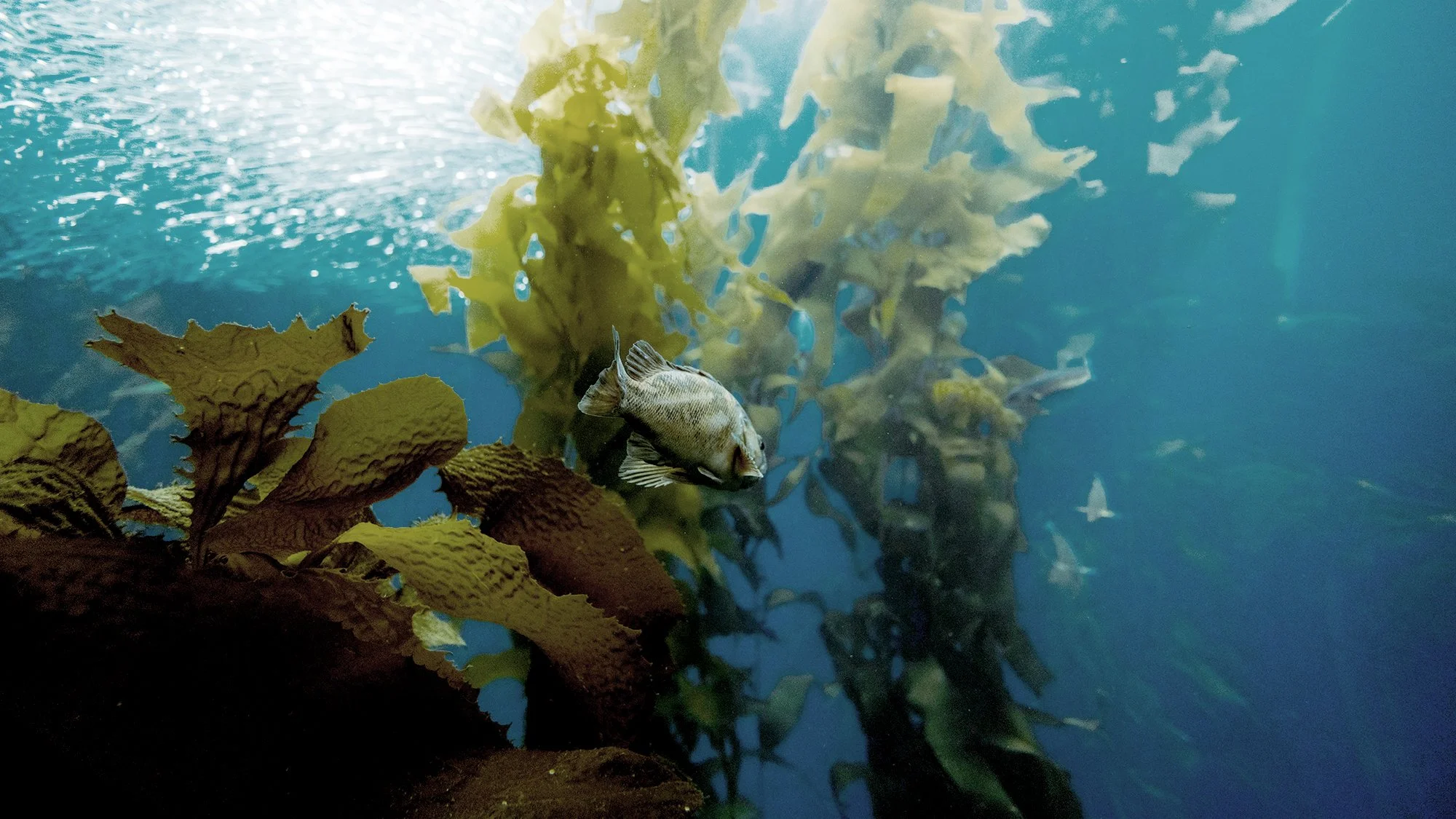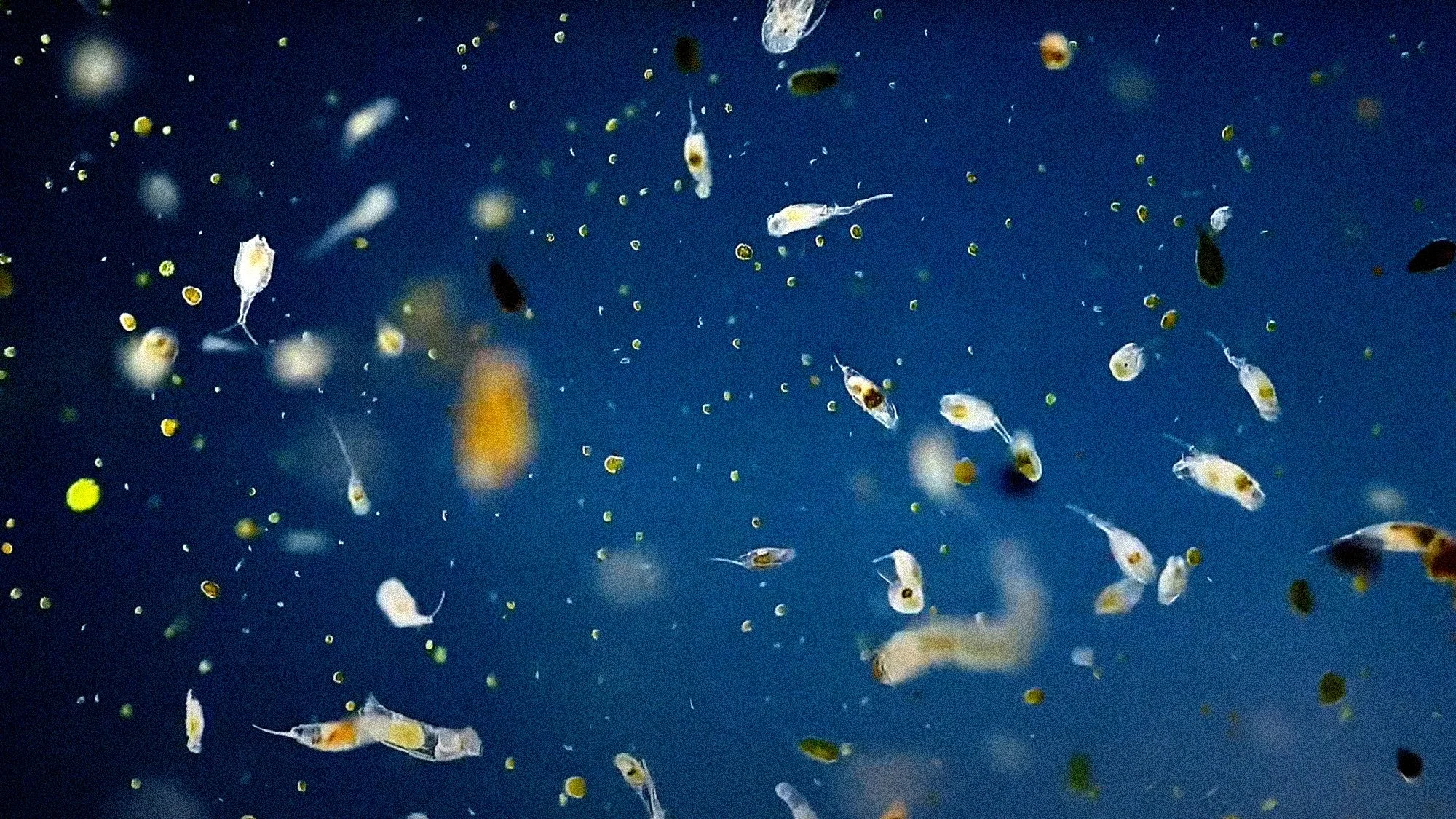A total ban on a trade that imperils a vital marine species seems like a no-brainer. But in the U.S., the legislative move has some unlikely opponents: shark scientists.

Photo credit: Nicholas Wang
At first, a ban on shark meat in the U.S. may seem like a common sense conservation measure. So why are some marine biologists, the same scientists who study sharks and promote their survival, opposed to the ban?
Several marine biologists featured in Oceans Deeply contend that a new bill in the U.S. Congress to ban the U.S. shark meat trade (by imposing a potential $100,000 fine for anyone caught selling shark fins) misses the mark and could ultimately strengthen the global shark meat market. Rather than limiting the shark meat trade in the United States alone, a more comprehensive solution is needed, they say.
The U.S. only represents 0.2% of the global market for shark meat, and some of that actually comes from sustainable fisheries. This bill, say the marine biologists, could put those sustainable sources at risk, thereby leaving a void for illegal and unsustainable sources to fill.
While the bill’s bipartisan supporters believe that it will put a dent in the global shark trade, no matter how small, and do damage to shark fishers’ bottom line, the marine biologists see a larger problem.
“The enemy is overfishing and killing too many sharks,” says Robert Hueter, a senior scientist at the Mote Marine Laboratory in Sarasota, Florida, “and this ban will not in itself directly reduce the numbers of sharks that are killed every year by fishermen.”
With 100 million sharks killed every year, something needs to be done, and some say that even something totally insufficient is better than nothing. Yet whether this bill, if enacted into law, would have the impact it seeks remains in doubt.
By Ross Levin
Read the story on Oceans Deeply
The Shark Scientists Opposed to a U.S. Ban on the Shark Fin Trade
Share your thoughts in the comments below.






























